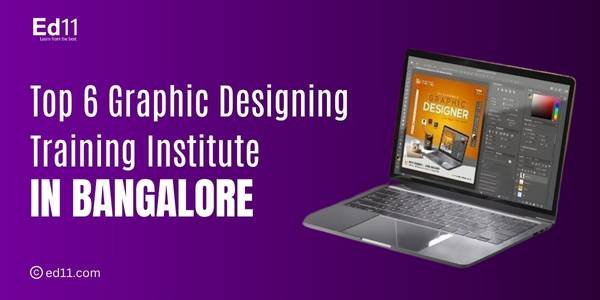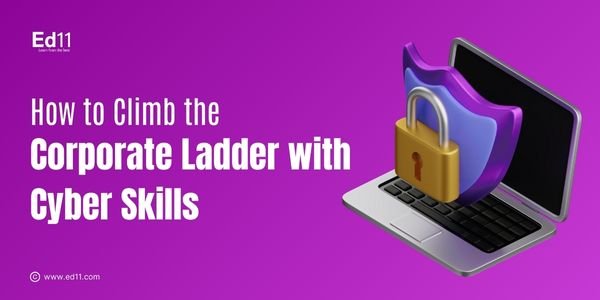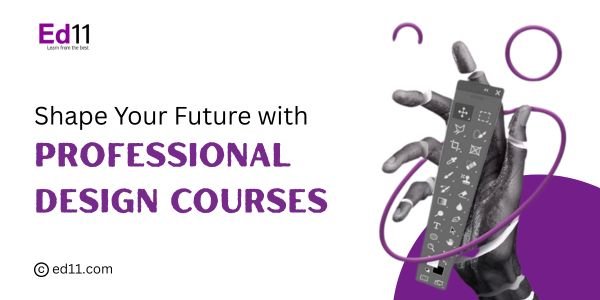Beginner IT Certifications for Tech Success
Kickstart your tech career with beginner IT certifications! Gain essential skills, boost your resume, and land your dream job in the IT industry.

IT certifications are professional credentials that validate an individual's expertise, skills, and knowledge in specific areas of information technology. They are offered by recognized organizations, tech companies, and training providers to help individuals enhance their career prospects and demonstrate their proficiency in various IT domains. As an experienced IT certification specialist, I have seen firsthand how obtaining certifications can change people's careers, open doors, and allow them to succeed in the competitive IT sector. With the help of a mentor who taught me the value of credentials, I started my path more than ten years ago. I didn't realize at the time how important this path would be to my career or how much it would influence who I am as a professional. The need for trained experts has never been higher in the current digital age. Because IT certifications attest to actual abilities and show a dedication to lifelong learning, employers actively seek out candidates with these qualifications.
Why IT Certifications Matter for Your Career
IT certification is essential to building your reputation in the tech industry. They are a real means of demonstrating your abilities, particularly if you are just getting started and have no prior work experience. Here are some ways that certificates might advance your career.
Key Benefits:
-
Boost Employability: Employers often look for certifications as proof that you meet industry standards. They simplify the hiring process by ensuring you have the necessary skills for the job.
-
Provide Structured Learning: Certifications offer a clear learning path, helping beginners grasp key IT concepts like networking, programming, or cybersecurity.
-
Enhance Career Progression: As you stack up certifications, you unlock access to higher-paying roles, promotions, and specialized positions.
-
Stay Relevant in a Changing Industry: The tech industry evolves rapidly, and certifications help you stay updated with the latest trends and technologies.
Types of Beginner-Friendly IT Certifications
-
Networking: CompTIA Network+ covers basic networking concepts like configuration, troubleshooting, and network security. Cisco Certified Technician (CCT): Perfect for those interested in hardware troubleshooting and network equipment.
-
Cybersecurity: CompTIA Security focuses on foundational cybersecurity skills like risk management, cryptography, and threat analysis.
-
Cloud Computing: AWS Certified Cloud Practitioner: A beginner’s introduction to cloud technologies and services. offered by Amazon Web Services.
-
Programming: Microsoft Technology Associate (MTA): Ideal for those learning basic coding, web development, or database management.
-
Help Desk/Support Roles: ITIL Foundation: provides knowledge about IT service management and improving customer satisfaction in tech support roles.
How IT Certifications Build Careers: Real Stories
Case Study 1: Sarah’s Journey from Retail to IT Support. Sarah worked in retail for six years but always had an interest in technology. Unsure how to transition, she began her journey by earning the CompTIA A+ certification, which taught her hardware and software troubleshooting. Armed with this credential, Sarah landed an entry-level IT support role at a local firm. Over the next two years, she added the ITIL Foundation and CompTIA Network+ certifications to her portfolio, which helped her secure a promotion to IT Systems Administrator. Today, Sarah earns a six-figure salary, proving that IT certifications can create life-changing opportunities.
Case Study 2: Rahul’s Leap into Cloud Computing Rahul, an engineering graduate, struggled to find meaningful employment in his field. A mentor suggested he explore cloud computing, a booming domain. Rahul pursued the AWS Certified Cloud Practitioner certification, which gave him foundational cloud knowledge. Encouraged by his success, he advanced to the AWS Certified Solutions Architect—Associate certification. Within a year, Rahul secured a cloud engineer role at a leading tech company, with a competitive salary and room for growth.
Making Your IT Certification Journey Appealing
-
Set Clear Goals: Identify the field that excites you, be it networking, cloud computing, or cybersecurity, and choose certifications aligned with your goals.
-
Leverage Online Resources: Platforms like Coursera, LinkedIn Learning, and Udemy offer comprehensive courses to prepare for certification exams.
-
Build a Support Network: Join online forums, local study groups, or social media communities where you can connect with like-minded individuals.
-
Practice Hands-On Skills: Use virtual labs or free tools to apply what you learn in real-world scenarios. For example, AWS provides a free tier for beginners to explore its services.
-
Celebrate Milestones: Every certification you earn is a step forward. Celebrate your progress and use it as motivation to achieve more.
Why IT Certifications Are a Game-Changer
The importance of IT certifications goes beyond just acquiring knowledge; they are a game-changer for your professional identity. These credentials validate your technical abilities and showcase your dedication to improving and staying current in your field. Employers value certifications because they reduce the risk of hiring someone unqualified. For individuals, they serve as a bridge between theoretical knowledge and practical application. With the growing demand for skilled IT professionals, certifications are now a prerequisite in many job descriptions. Moreover, certifications are not just for employment. They allow you to specialize in a niche, build a personal brand, and establish yourself as an expert in the industry. For students, career-switchers, and professionals alike, they open doors to internships, promotions, and even freelance opportunities.
The Path to Your First Certification
Getting started on your certification journey can feel overwhelming, but breaking it into manageable steps makes it easier.
-
Research Your Interests: Explore areas like cybersecurity, cloud computing, software development, or data analytics.
-
Set a Timeline: Determine how much time you can dedicate to studying each week and set a realistic deadline for earning your certification.
-
Choose the Right Certification: Beginner-level certifications like CompTIA A+, Microsoft Technology Associate (MTA), or AWS Cloud Practitioner are excellent starting points.
-
Prepare Strategically: Use a mix of resources such as online courses, study guides, video tutorials, and practice tests.
-
Take the Exam: Once you feel confident, schedule and take the exam. Exams are usually conducted online or at testing centers.
Common Mistakes to Avoid
There are certain things to be aware of when working toward IT certifications:
-
Skipping Research: Jumping into a certification without understanding its relevance to your goals can waste time and resources.
-
Overloading Yourself: Trying to earn multiple certifications at once can dilute your focus. Prioritize one at a time.
-
Neglecting Practical Experience: While theory is crucial, practical skills are equally important. Utilize virtual labs or real-world projects to reinforce your learning.
-
Ignoring Updates: Technology evolves rapidly, and certifications may require periodic renewals or updates to stay relevant.
Beginner-friendly IT certifications are more than just pieces of paper they’re passports to a world of opportunities. They build your confidence, validate your skills, and open doors to roles you might not have thought possible. Whether you’re just starting your career or making a shift into tech, certifications provide a structured path to success. Starting your tech journey with beginner-friendly IT certifications can set you on a path to success in the IT industry. Certifications like CompTIA ITF+, Google IT Support Professional Certificate, and AWS Cloud Practitioner not only provide foundational knowledge but also boost your employability in a competitive market.



















